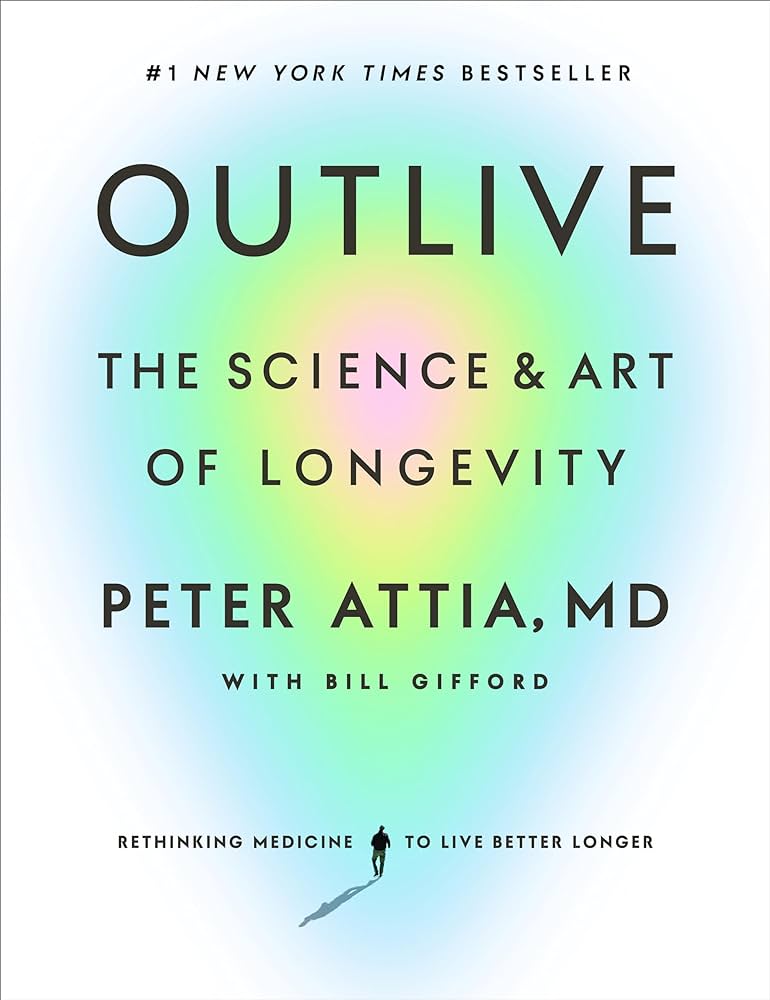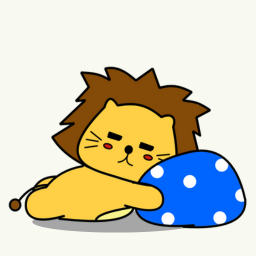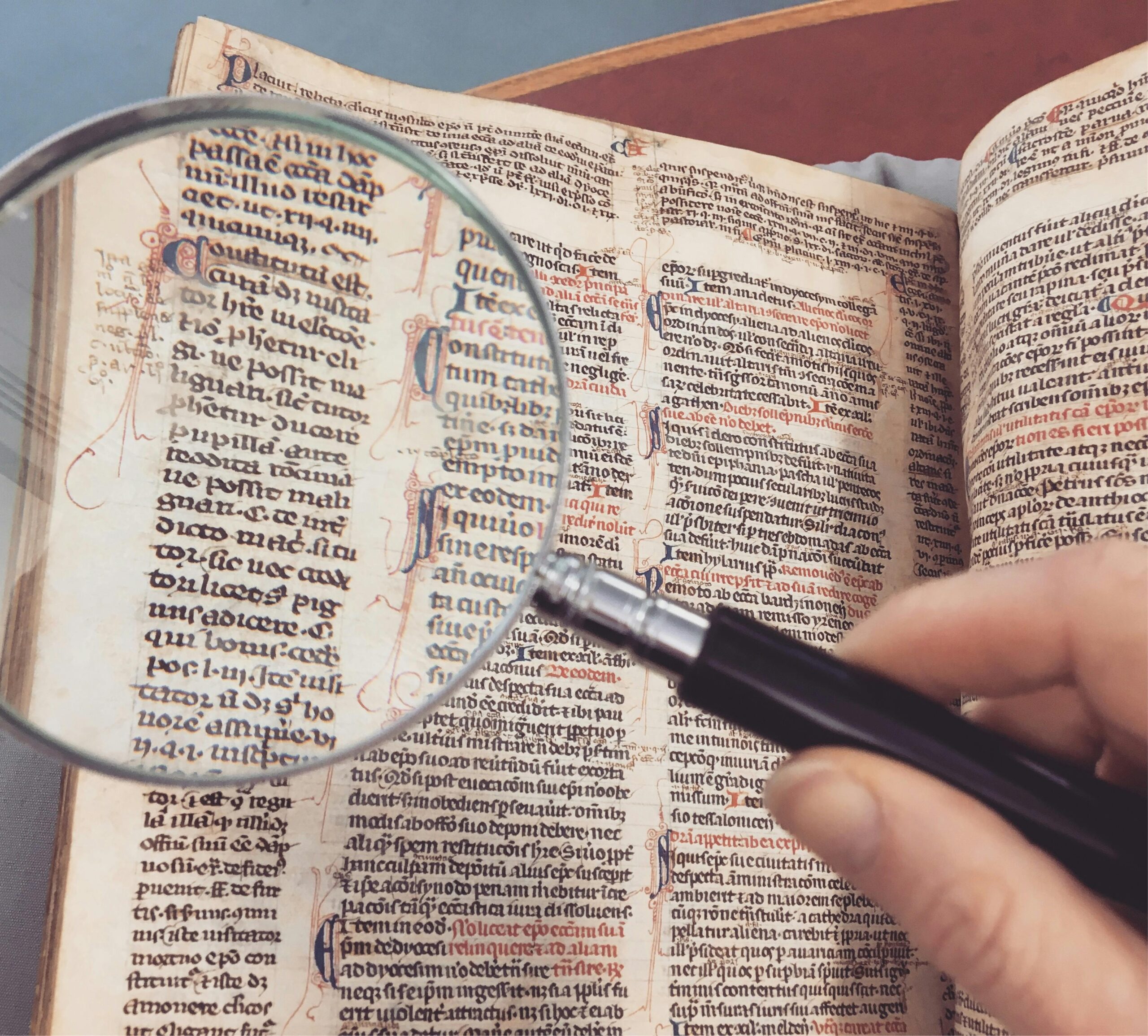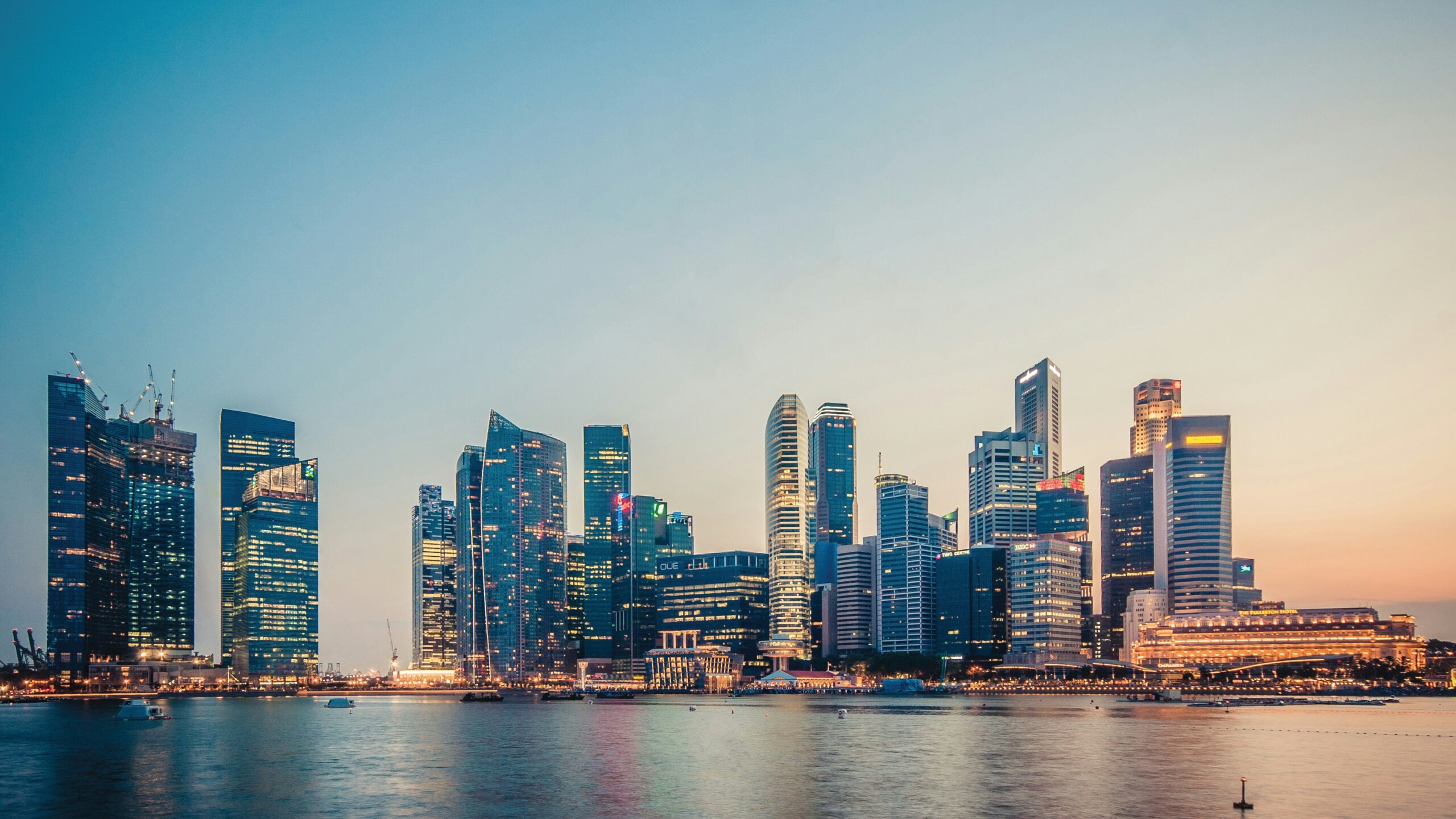1) Prevention is better than cure.
Lifespan is the number of years we’ll live.
Healthspan is how long we’re healthy enough to do the things that matter to us.
To live longer, you need to stay healthier for longer.
To improve our healthspan, we need to prevent metabolic syndrome which increases our risk of heart disease, cancer, Alzheimer’s and type 2 diabetes.
The key is to balance our calorie intake and expenditure. And this means good diet and exercising.
2) Eat better
There’s no one type of food or way of fasting that is the best.
What is important is eating enough nutrition without overeating calories and avoiding diet that has highly refined carbohydrates, processed oils and added sugar e.g. fast food.
If you need some ideas to start, Mediterranean diet e.g. avocados, olive oil, salmon, anchovies and nuts is a good one.
Fasting is a temporary measure because while you lose weight quickly, you also lose muscle mass which is important for metabolic health.
3) Move better
The kind of exercises you do depend on the kind of activity you want to be able to do when you’re older.
Because we lose our muscles rapidly when we age, it is important to train our muscles to slow their decline.
Some recommended exercises:
- 4x45min/week of (zone 2) physical activity at 70-80% of max heart rate: you can still talk but not out of breath yet
- 1-2 VO2 max training after about five or six months of steady zone 2 work(above). 4min at max pace, 4min at easy pace and repeat 4-6 times.
- Weight training + stability prevents falls and fractures especially in old age. Some areas to train include grip strength, concentric and eccentric loading – the ability to control our muscles when moving up and down stairs which keep us safe from falls and prevents our joints from taking excess stress, especially our knees
Overall, the book is a good read if you’re interested in understanding the biology behind the diseases that kill us and how diet and exercises affect us. It can be rather wordy at times but if you have not been reading about health and nutrition, this is a good start.
Personal Experience
These wasn’t mentioned in the book but my personal tip for managing my diet is to drink unsweetened Japanese green tea and doing some light walking after dinner.
I find that it helps to prevent overeating and preliminary research has found that green tea and walking after dinner helps to lower blood glucose too.
https://nutritionj.biomedcentral.com/articles/10.1186/1475-2891-9-63
https://www.ncbi.nlm.nih.gov/pmc/articles/PMC2613497/
Just 2 Minutes of Walking After a Meal Is Surprisingly Good for You




